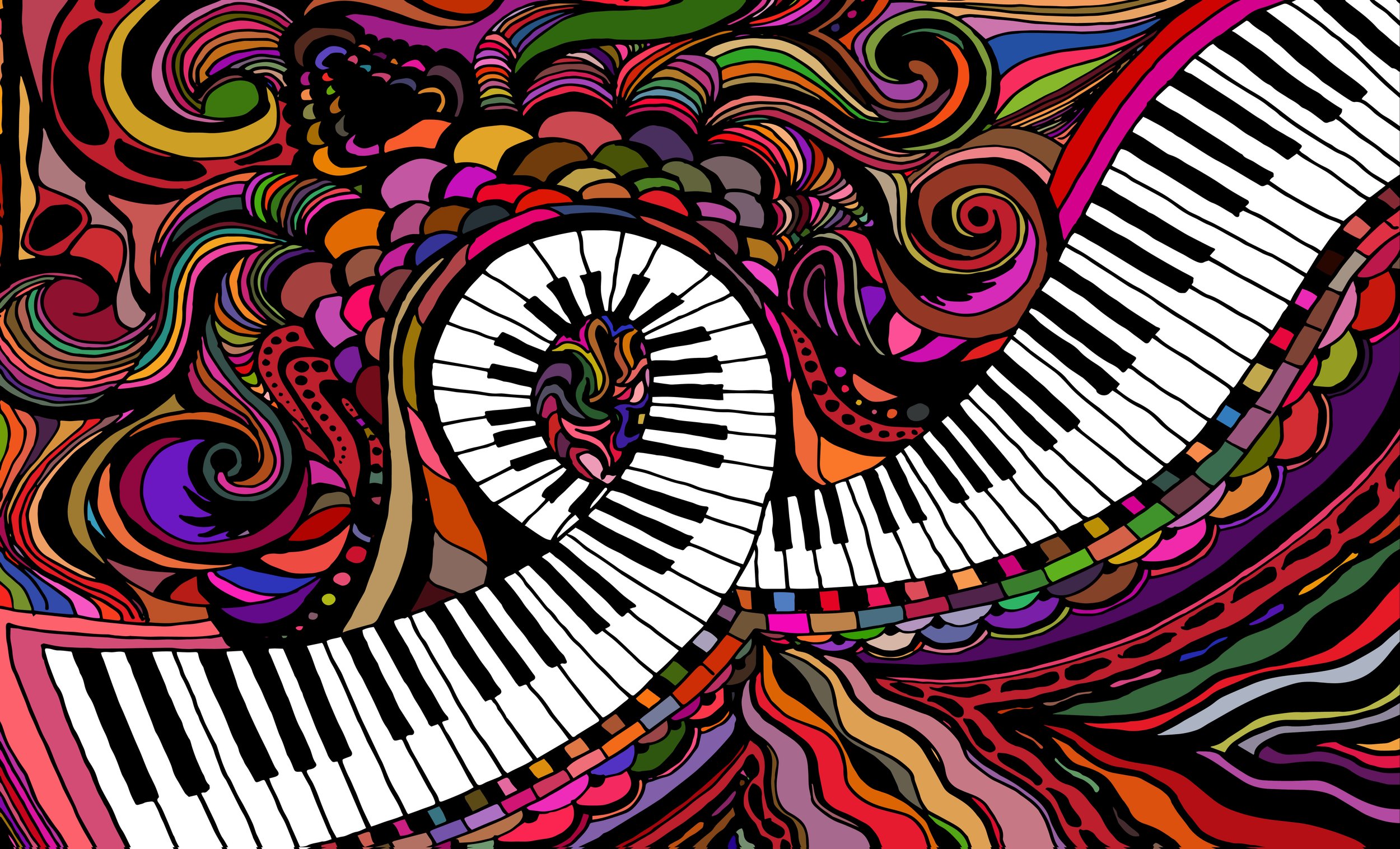The Neuroscience of Music
Music indeed makes you smarter! The study of music is an intellectual artistic activity that develops the brain and psyche in unique and transformative ways. While all arts education is immensely valuable for humanistic development, music study in particular enables a myriad of neurological benefits:
1) Cognitive and creative development of intellectual abilities (increased IQ) and emotional intelligence.
2) Transfer of learning, defined as the transmuting of an acquired skillset to new problem-solving endeavors.
3) Enhanced executive function, involving critical tasks such as problem solving, effective decision making, the ability to self-moderate behavior, and information processing speed.
4) Improvement in academic areas (reading, language and mathematics) and basic life skills, including advanced thinking, problem solving and social skillsets.
5) Develops multisensory processing skills and verbal memory.
6) Engages both hemispheres of the brain equally and improves white matter connectivity. By stimulating the left hemisphere (mathematical / syntactic) and right hemisphere (creativity), musicians develop a large corpus callosum, which serves as a neural bridge connecting the two sides of the brain.
7) Cultivates a lifelong love of learning, intellectual curiosity, spiritual exploration of and appreciation for the arts.
8) Triggers the release of dopamine, the ‘feel good’ chemical.
Committed study of a musical instrument (three years or more) demonstrates improved cognitive outcomes coupled with exceptional motivational skills. These benefits translate into improved childhood literacy, a reduction in academic achievement gaps and increased neuroplasticity later in life.
